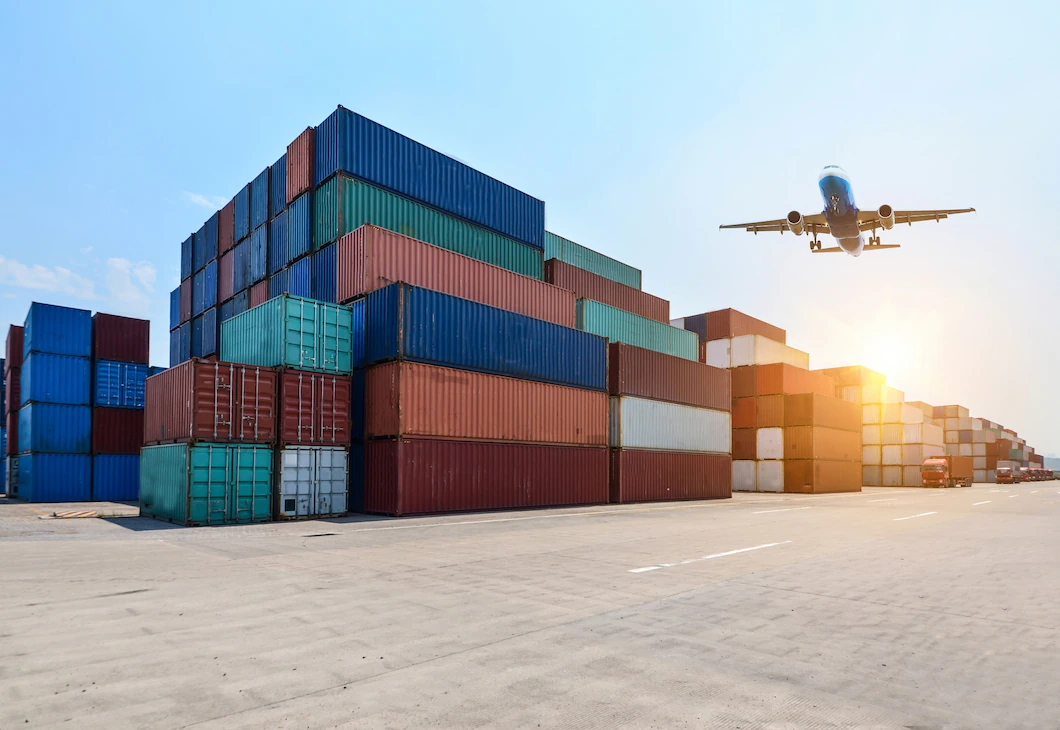Logistics is the backbone of any thriving economy, and in Botswana, it plays a critical role in the success of small and medium-sized enterprises (SMEs). Efficient logistics ensures that goods move seamlessly from producers to consumers, reduces operational costs, and enhances customer satisfaction. For SMEs in Botswana, which contribute significantly to the country’s economic development, robust logistics systems are essential for growth and competitiveness in both local and global markets.
This article explores the role of logistics in Botswana’s SME growth, the challenges faced by SMEs in the logistics sector, and strategies to improve logistics efficiency for sustained development.
Why Logistics is Crucial for Botswana’s SMEs
Logistics encompasses the planning, implementation, and control of the flow of goods, services, and information. For SMEs in Botswana, logistics is integral to operations and directly impacts profitability, market reach, and customer satisfaction.
- Improves Market Access
Efficient logistics systems enable SMEs to reach both urban and rural markets across Botswana. This expanded market access increases revenue opportunities and strengthens business sustainability. - Reduces Operational Costs
By optimizing transportation, warehousing, and distribution, logistics helps SMEs minimize costs associated with delays, inventory holding, and fuel consumption. - Enhances Competitiveness
SMEs with streamlined logistics can deliver products faster and more reliably, providing a competitive edge in customer service and product availability. - Facilitates Export Growth
For Botswana’s SMEs venturing into international markets, effective logistics systems ensure timely delivery of products and compliance with global trade regulations, fostering export growth. - Supports E-commerce Expansion
With the rise of online shopping in Botswana, efficient logistics is key to the success of SMEs in the e-commerce space, enabling prompt delivery and improved customer experiences.
Logistics Challenges Faced by SMEs in Botswana
Despite its importance, logistics in Botswana faces several challenges that hinder SME growth.
- Infrastructure Limitations
While Botswana has made strides in improving its infrastructure, some areas, particularly rural regions, still lack adequate road networks and transport facilities, complicating the movement of goods. - High Transportation Costs
The landlocked nature of Botswana increases reliance on cross-border transportation, raising costs for SMEs importing or exporting goods. - Limited Access to Technology
Many SMEs lack the resources to invest in advanced logistics management systems, leading to inefficiencies in tracking, scheduling, and inventory management. - Regulatory Barriers
Complex customs procedures and varying trade regulations can delay shipments and increase costs for SMEs involved in cross-border trade. - Skills Gap
There is a shortage of skilled logistics professionals in Botswana, which affects the ability of SMEs to implement efficient supply chain practices.
Strategies for Improving Logistics in Botswana’s SMEs
To overcome these challenges and leverage logistics for growth, SMEs in Botswana can adopt several strategies.
- Invest in Technology
SMEs should adopt logistics management software to optimize supply chain operations, track shipments in real-time, and improve decision-making. Affordable cloud-based solutions are particularly beneficial for small businesses. - Partner with Third-Party Logistics Providers
Outsourcing logistics to third-party providers can help SMEs access professional expertise, reduce costs, and focus on core business activities. - Leverage Government Support
The Botswana government offers various initiatives to support SME growth, including funding and infrastructure development. SMEs should take advantage of these programs to improve logistics capabilities. - Collaborate with Other SMEs
Pooling resources with other SMEs for shared transportation or warehousing can reduce costs and improve efficiency. - Train Staff in Logistics Management
Investing in employee training on logistics best practices can enhance operational efficiency and service delivery. - Explore Alternative Transport Modes
SMEs should consider using rail or air transport where feasible to reduce dependence on costly road transport.
Case Studies: Logistics Success Stories in Botswana’s SME Sector
Example 1: A Local Furniture Manufacturer
A furniture manufacturer in Gaborone partnered with a third-party logistics provider to handle transportation and warehousing. This allowed the business to reduce delivery times by 30% and expand its reach to rural areas.
Example 2: An E-commerce Startup
An e-commerce SME in Francistown implemented cloud-based logistics software to track deliveries and manage inventory. The result was a 40% improvement in order accuracy and higher customer satisfaction ratings.
The Role of Policy in Supporting SME Logistics
The government of Botswana plays a pivotal role in creating an enabling environment for logistics improvement.
- Infrastructure Development
Ongoing investments in road, rail, and air transport infrastructure can significantly reduce logistics costs and enhance accessibility. - Trade Facilitation
Streamlining customs processes and reducing bureaucratic hurdles will benefit SMEs engaged in cross-border trade. - Incentives for Technology Adoption
Providing grants or tax incentives for SMEs to invest in logistics technology can drive efficiency and innovation. - Capacity Building
Government-supported training programs in logistics and supply chain management can bridge the skills gap in the sector.
Logistics is a cornerstone of SME growth in Botswana, driving market access, cost efficiency, and competitiveness. While challenges such as infrastructure limitations and high transportation costs persist, adopting technology, forming strategic partnerships, and leveraging government support can help SMEs overcome these hurdles.
By prioritizing logistics, Botswana’s SMEs can unlock their potential, contribute to economic diversification, and position themselves for success in local and global markets. The future of SME growth in Botswana lies in creating robust and efficient logistics systems that support sustainable development.






